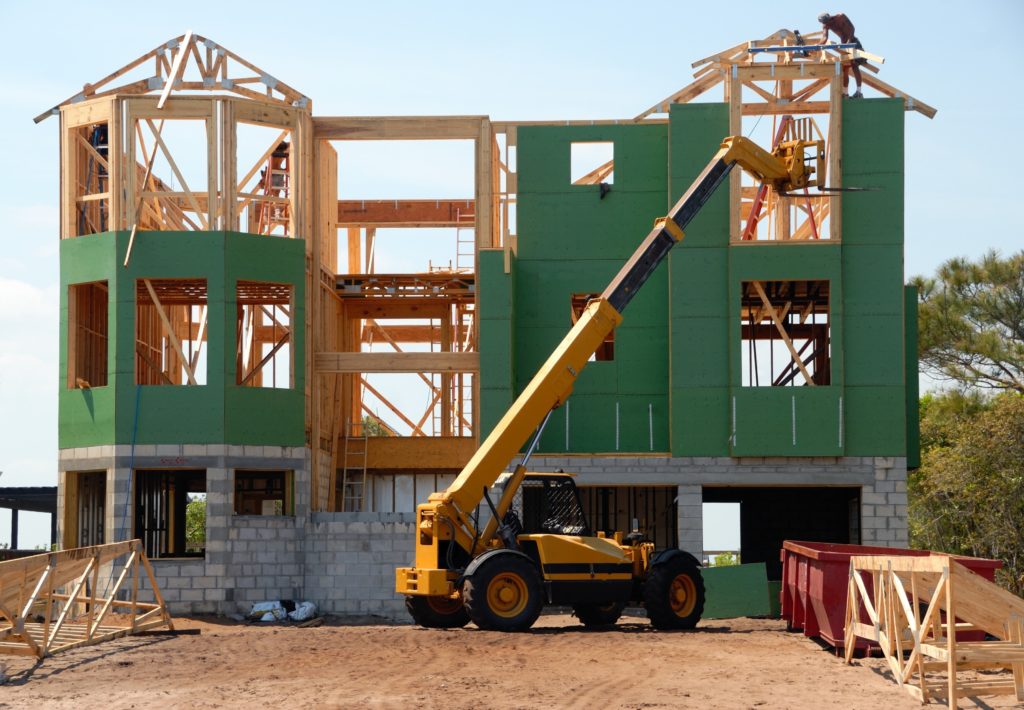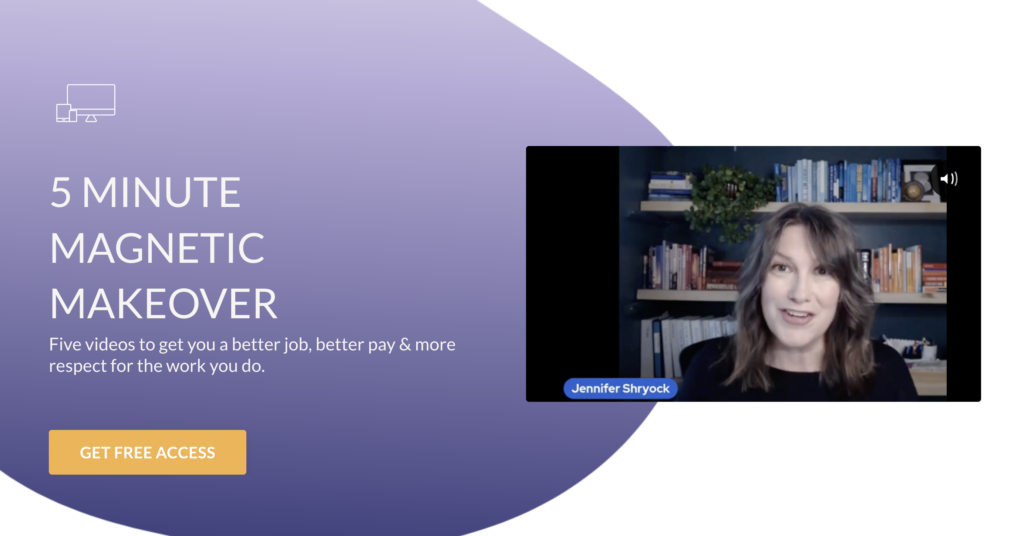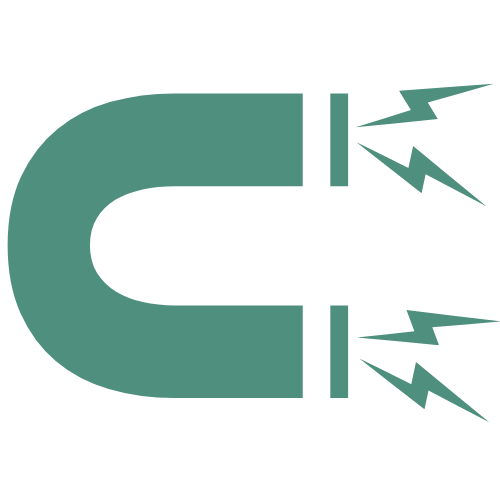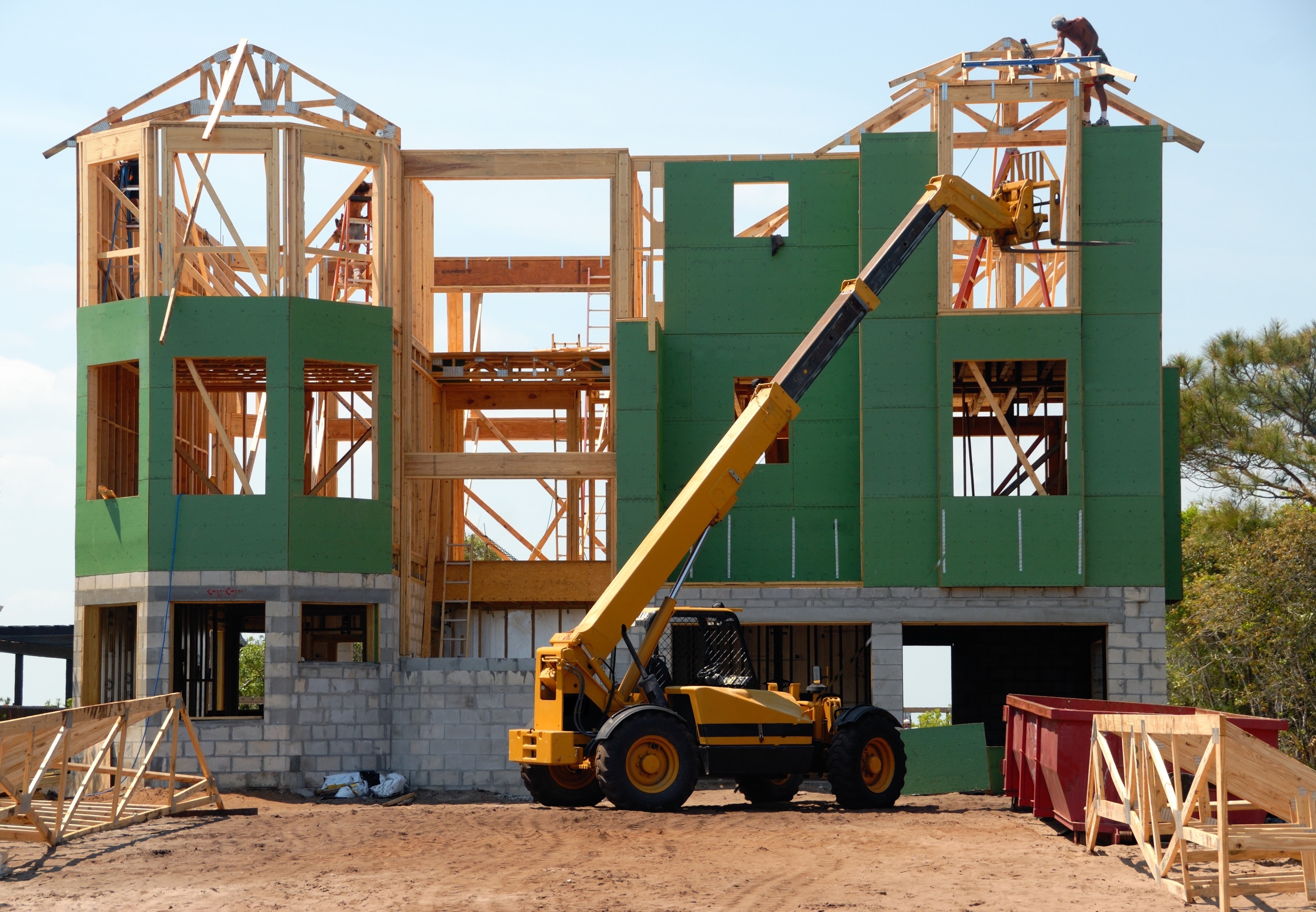To build a strong structure, you need specific supplies: blocks, wood, masonry, nails, etc. You also need the skills and strategy to put them together soundly. Building a strong interview – one that gets you hired – is no different, and there are 6 building blocks of an interview I want you to consider.
Foundation first.
Naturally, the two parties involved – you and your interviewer(s) – make up the foundation of every interview. All the other variables might change, depending on how you and your interviewers relate to each other, just like structures might vary depending on the type of foundation upon which they’re built.

The primary component of every interview you attend is … you!
You’re the subject of the interview. It might feel like you’re subject to the whims of the interviewers, and it’s partly true: they do get to decide whether to make you an offer.
But you control so many variables.
The success of your interview largely depends on how you approach it. Your attitude, belief in yourself, confidence and your preparation for the interview all contribute to the foundation upon which your interview can stand strong or fall. We’ll talk more about those components, below. For now, I simply want you to recognize how much influence you have in every interview.
The foundation starts with you! Let’s call you the sand.
Who are you talking to?
Next, of course, are the interviewers. They represent your target employer in deciding if you’re the right fit for the job. Let’s call them the cement.
The right mix of sand and cement makes a powerful concrete. So, what can you do to mix well with your interviewers to make a strong foundation?
You can get to know your audience.
Take a few minutes to think about and research what’s important to your target employer. Things like:
- What are they looking for in terms of qualifications?
- What problems do they need to solve by filling this position
- What’s are their values and culture?
- What skills and experience matter to them most, in this context?
Getting the right ratio of sand to cement, mixed with water, determines the strength of the concrete. Getting to know your interviewers can help you determine what you’ll talk about most, in order to strengthen the foundation of your interview.
Mindset matters.
If you’re feeling shame about getting fired from your last job, or even a mistake you made there, it’s likely that’ll come across.
Doubtful that you’re a good candidate or a good interviewee? Or that your interviewers will recognize you as one? Well, that will also impact how you show up during the interview.
Conversely, imagine if you chose to make the interviewers day? Or decided that they want to hire you, so it’s your duty to make it easy for them to recognize you as their ideal candidate?
A dark or defensive mindset can make even a strong building feel like it has no windows. Plan for and build big beautiful windows into your interview through mindset management. (Check out how to Visualize Your Way to a Successful Job Interview.)
Deliver Value.
Some people approach an interview wondering what working for the target employer will do for them. Will it lead to a salary, some paid vacation and a retirement plan?
But what value will the target employer get from you, in exchange for that salary and benefits package?
What you do for an organization can create value or can be more about just showing up and doing time. I want you to be thinking about the value you provide as you go about your work. This will make you a much more valuable employee, naturally.
Sounds obvious, right? But this piece surprises people I talk to all the time.
When you go about your work thinking about providing value, you’ll be more clear about why you’d be a smart hire. And then you’ll be a more valuable candidate.
The frame is coming together! Can you feel the building blocks of your job interview starting to create a sound structure? Yep, me too!
Convey your value.
Your skills, knowledge, and approach contribute to the value you deliver. Conveying your value to others is an entirely separate skill. It’s one thing to be great at your work and another thing to be able to talk about it.
Some people call this the ability to sell yourself. But when you know how to talk about value, you’re conveying information rather than pushing something/someone on to the “buyer.”
Talking about yourself and your work in this way takes skill and practice. I dive in how to practice this in a real-world setting in my post here: How to practice talking about your work: iterate.
We’ll talk more about the skills of structuring the way you talk about value, later. For now, I invite you to recognize that conveying your value is a skill you can learn, just like you can learn to frame a structure.
Build Rapport.
Finally, creating connection with your interviewers won’t hurt and will in fact help!
Yes, you can take steps to create rapport, even though you might think the interviewers are the hosts.
Create rapport by:
- Making eye contact
- Offering a firm handshake
- Smile (simple, but true!)
- Don’t interrupt
- And so many other small actions
Rapport can be built by anyone, no matter how shy or introverted, so long as you recognize its importance and include it in your interview preparation.
All other qualifications being equal, rapport will break the tie. Consider it the final piece of your structure, the roof that caps your structure and provides shelter to all within.
All together: the 6 building blocks of a job interview
And there you have it, the 6 building blocks of a job interview:
- You
- The Interviewers
- Mindset
- Deliver Value
- Convey Value
- Rapport
Invest your efforts into each component in order to build yourself an interview that earns job offers.

Struggle to talk about what you do, or feel like you’re driving a bus with no steering wheel when it comes to promoting yourself in your career? (Hey, you’re not alone! Almost all my clients say the same, at first. And I’m here to help.) Join my free workshop: 5 Minute Magnetic Makeover


